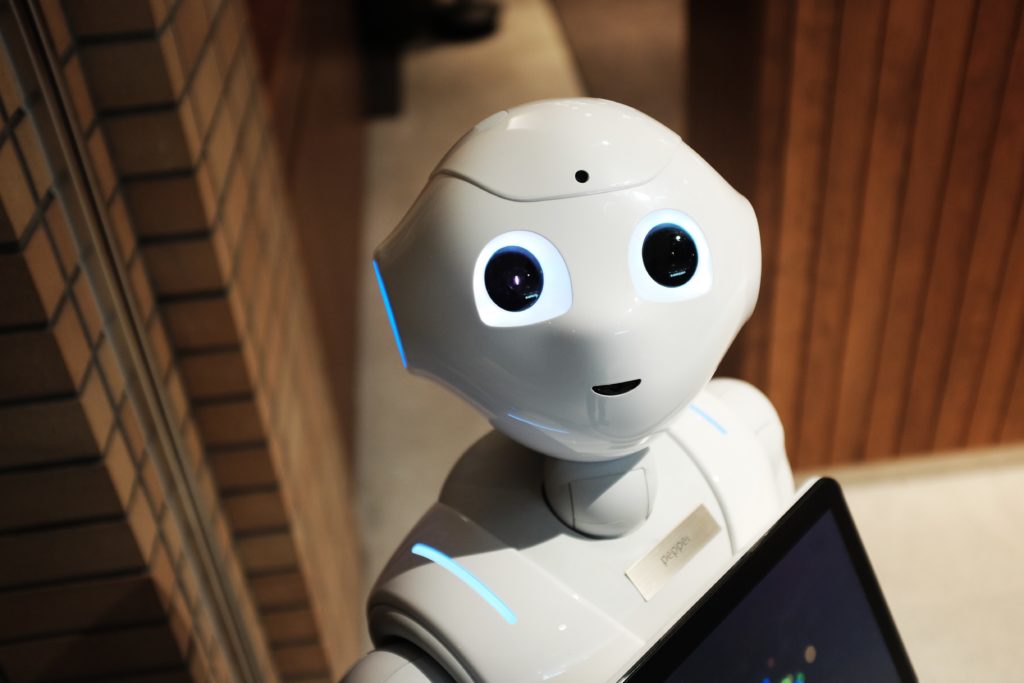In November 2016, Debating Europe published how a significant proportion of readers argued that new technology would make us more productive, boost economic growth and create more jobs. In other words, they suggested that for businesses, the future of work will make everything quicker, better, and cheaper.
On the other hand, it has been proposed that technology will be disruptive. It will abolish traditional manufacturing jobs, replacing them with a smaller number of high skilled positions.
In this article, we focus on the three possibilities of the future of work. Will they lead to outcomes of a quicker, better, and cheaper economy?
The labour market has taken a drastic turn over the last half a century, with automation displacing many manual jobs. The journey to 2050 could see another colossal step forward, with service jobs essentially being nullified by machine learning.
Quicker?
Zoe Williams (The Guardian) calls robotics the Age of Em; a process of taking the top 200 human brains in the world, scanning them and producing multiple robots which do everything a thousand times faster. Ultimately, we’ll see workforce productivity hit the roof. This will leave the ‘power’ of the human brain, for all intents and purposes, somewhat redundant.
Better?
In comparison to robots, us humans will depressingly always be fragile and flawed. In the far future, robots will be able to transfer, or upload, their minds from one robot to another. Digital minds will be more robust and specialised than those of humans, meaning robots can essentially be produced for any particular role in the labour market.
Advanced algorithms will intensify the extent to which any role can be done, and emotionless beings won’t be distracted. Their latest break up or the warming scent of the coffee machine will no longer be a deterrent. All in all, if better is defined by more advanced and progressive, the human race will be left high and dry.
Cheaper?
Robots will have dramatically reduced energy needs. As a result, they will become far more cost-effective than humans. It might appear on the outside that the extent of R&D costs mean that robots are immensely expensive.
However, just like the first computer, the law of supply will soon drive prices down. Unlike paying a monthly wage, the cost of employing a robot will be limited to maintenance only.
Businesses will be able to produce on a mass scale. Subject to economies of scope, many companies will become transverse players across many industries.
Conclusion
Trying to compete with robots in the future of work is like putting a Sloth up against Usain Bolt. However, the near future demands that humans reach out to ways of making this a smooth transition. Furthermore, how can we combine human intelligence with artificial intelligence to optimise industry as a whole? Tweet us @Futureofwork to continue the discussion.






